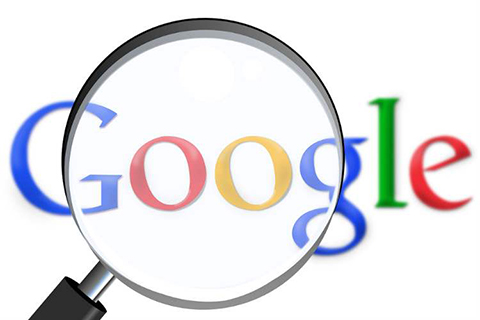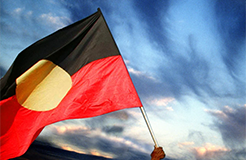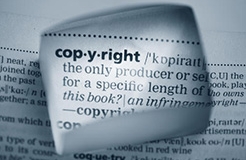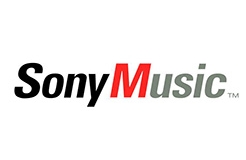Did not receive verification mail? Please confirm whether the mailbox is correct or not Re send mail

Vapor
- 2020-04-10 09:54:44
French publishers win decisive battle against Google

French publishers on Thursday notched up a critical win in the
long-running tug of war with Google over how money is generated from
online content.
France’s competition watchdog ordered the
U.S. tech giant to negotiate “in good faith” with French publishers and
news services over the licensing fees it should pay for press content.
The Autorité de la Concurrence said the talks should be wrapped up in
three months, and insisted that they should result in a "remuneration"
scheme for the publishers.
Google’s refusal to pay for press
content has risen right to the top of the French political agenda and
even drew in President Emmanuel Macron, who cast the debate as a matter
of national sovereignty and declared last year: “Some actors, such as
Google, wish to free themselves from those [copyright] rules. We won’t
let them."
Crucially, Thursday's case shows that the EU's
copyright reform has teeth. The reform, which was adopted nearly a year
ago in Brussels, granted press publishers a so-called neighboring right
allowing them to request a fee from platforms such as Google and
Facebook when they display their content online. France was the bloc's
first country to transpose the reform into national law.
“This is
an important step toward the effective enforcement of the publishers’
neighboring right,” France’s Culture Minister Franck Riester said in
response to the watchdog’s decision. “Some people wanted this right to
remain a dead letter. They made a mistake,” he added.
The
Autorité is still investigating whether the U.S. search behemoth
breached competition rules at the expense of the French press, but
Thursday’s decision means Google has to pay publishers when it uses
their content online, and soon.
In September, Google announced it
would no longer publish small excerpts of press articles below web
links, also called snippets, instead of entering into licensing
agreements with the press. Publishers and the news agency AFP decided to
lodge a complaint before the Autorité arguing that the search company’s
behavior was an abuse of its powerful position as a search engine.
France is set to become the first country where publishers have succeeded in wresting payment from Google for their content.
Before the EU copyright reform was adopted, press publishers in Europe struggled to negotiate with Google.
In
Spain, Google decided to stop its Google News service after a debate
over the right to payments. In Germany, some publishers — including Axel
Springer, POLITICO Europe’s co-owner — decided to allow the U.S. tech
giant to publish their content for free after a drop in traffic.
Thursday’s
decision means the French press could soon benefit from new revenue
streams — a welcome relief for an industry hit hard by plummeting ad
spendings amid the coronavirus crisis.
“The objective of the EU
is that the editors are better paid when they negotiate the use of their
articles which largely benefit the platforms through the advertising
revenues,” a spokesman for the European Commission said.
The
watchdog issued a preliminary ruling that Google may have “impos[ed]
unfair transaction conditions on publishers and news agencies” after
France introduced new EU copyright rules for the press in October.
Isabelle
de Silva, the Autorité’s chief, said the watchdog “found that Google's
practices vis-à-vis publishers and news agencies were likely to
constitute an abuse of a dominant position.”
The Autorité also
found Google caused “serious and immediate damage to the press sector,”
the official statement reads, and ordered urgent measures.
“The
injunction requires that the negotiations actually result in a
remuneration proposal from Google,” the authority’s official statement
reads.
“This is an exceptional decision,” said Jacques-Philippe
Gunther, a lawyer for Latham & Watkins. The counsel of the Alliance
de la Presse d'Information Générale (APIG), one of the complainants,
told POLITICO in his view, the Autorité recognized “Google has
circumvented the law on neighboring rights, which could constitute an
abuse of dominant position.”
The negotiations cannot exceed three
months, and the terms and conditions should apply retrospectively
starting when France implemented its new rules. The watchdog also
imposed additional measures preventing Google from retaliating against
the complainants. Google is bound to send the Autorité a follow-up
report every month.
Google “will comply with the [authority]’s
order while we review it and continue those negotiations,” said Richard
Gingras, Google’s vice president for news.
Damien Gerardin, a
lawyer who acts for publishers in other antitrust cases, said this was a
“very important decision … but these are interim measures so [the]
battle is not over.”
Source: www.politico.com
Author:THIBAULT LARGER and LAURA KAYALI
Editor:Vapor
- I also said the two sentence
- Also you can enter 140words






